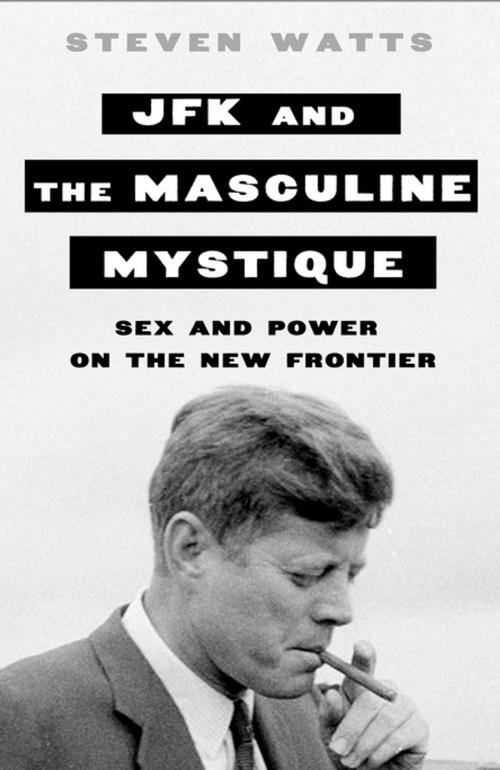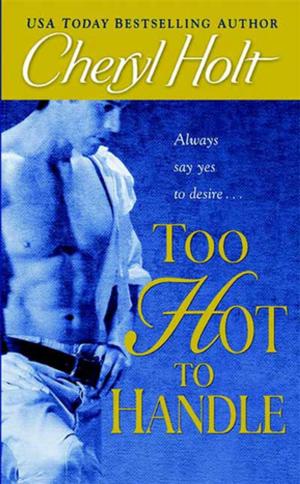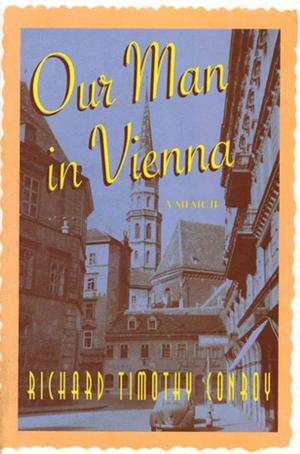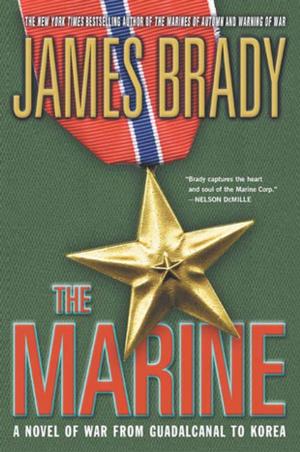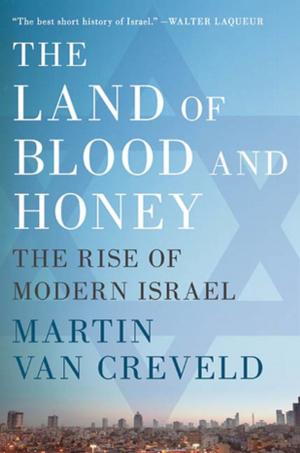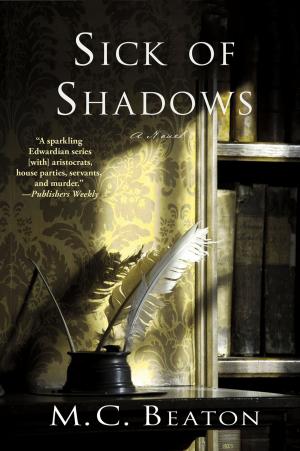JFK and the Masculine Mystique
Sex and Power on the New Frontier
Nonfiction, Social & Cultural Studies, Social Science, Gender Studies, Men&, History, Americas, United States, 20th Century, Biography & Memoir, Political| Author: | Steven Watts | ISBN: | 9781466851153 |
| Publisher: | St. Martin's Press | Publication: | November 8, 2016 |
| Imprint: | Thomas Dunne Books | Language: | English |
| Author: | Steven Watts |
| ISBN: | 9781466851153 |
| Publisher: | St. Martin's Press |
| Publication: | November 8, 2016 |
| Imprint: | Thomas Dunne Books |
| Language: | English |
From very early on in his career, John F. Kennedy’s allure was more akin to a movie star than a presidential candidate. Why were Americans so attracted to Kennedy in the late 1950s and early 1960s—his glamorous image, good looks, cool style, tough-minded rhetoric, and sex appeal?
As Steve Watts argues, JFK was tailor made for the cultural atmosphere of his time. He benefited from a crisis of manhood that had welled up in postwar America when men had become ensnared by bureaucracy, softened by suburban comfort, and emasculated by a generation of newly-aggressive women. Kennedy appeared to revive the modern American man as youthful and vigorous, masculine and athletic, and a sexual conquistador. His cultural crusade involved other prominent figures, including Frank Sinatra, Norman Mailer, Ian Fleming, Hugh Hefner, Ben Bradlee, Kirk Douglas, and Tony Curtis, who collectively symbolized masculine regeneration.
JFK and the Masculine Mystique is not just another standard biography of the youthful president. By examining Kennedy in the context of certain books, movies, social critiques, music, and cultural discussions that framed his ascendancy, Watts shows us the excitement and sense of possibility, the optimism and aspirations, that accompanied the dawn of a new age in America.
From very early on in his career, John F. Kennedy’s allure was more akin to a movie star than a presidential candidate. Why were Americans so attracted to Kennedy in the late 1950s and early 1960s—his glamorous image, good looks, cool style, tough-minded rhetoric, and sex appeal?
As Steve Watts argues, JFK was tailor made for the cultural atmosphere of his time. He benefited from a crisis of manhood that had welled up in postwar America when men had become ensnared by bureaucracy, softened by suburban comfort, and emasculated by a generation of newly-aggressive women. Kennedy appeared to revive the modern American man as youthful and vigorous, masculine and athletic, and a sexual conquistador. His cultural crusade involved other prominent figures, including Frank Sinatra, Norman Mailer, Ian Fleming, Hugh Hefner, Ben Bradlee, Kirk Douglas, and Tony Curtis, who collectively symbolized masculine regeneration.
JFK and the Masculine Mystique is not just another standard biography of the youthful president. By examining Kennedy in the context of certain books, movies, social critiques, music, and cultural discussions that framed his ascendancy, Watts shows us the excitement and sense of possibility, the optimism and aspirations, that accompanied the dawn of a new age in America.
